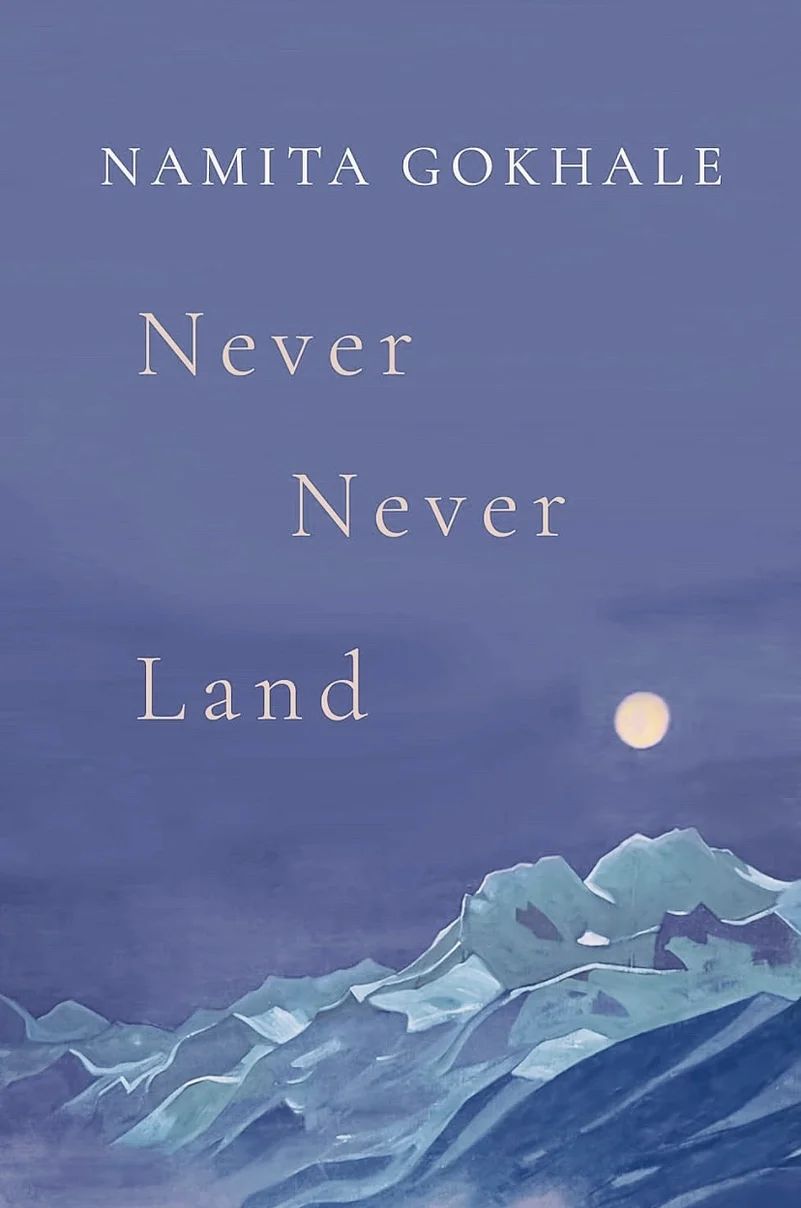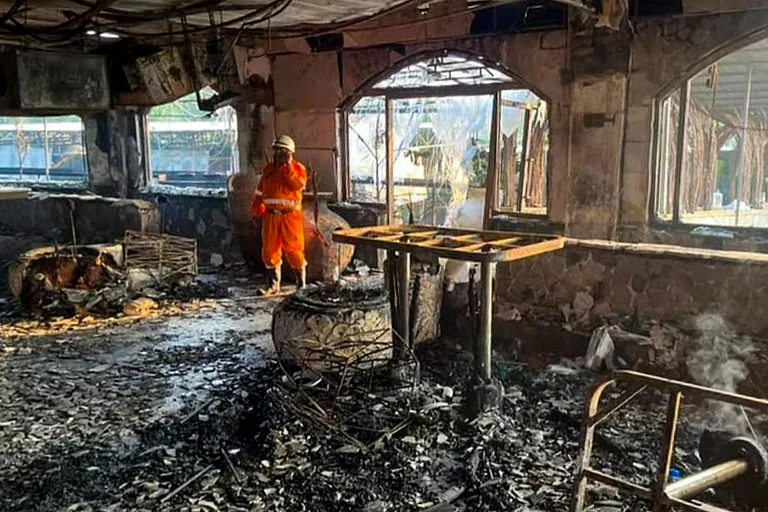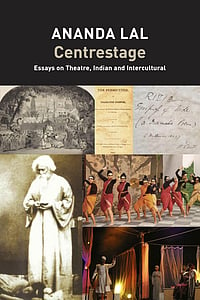Never Never Land the fantasy world where nothing changes, childhood memories linger and no one grows older – at any rate Peter Pan does not. Namita Gokhale locates her Never Never Land in the Kumaon region of the Himalayas, that land of misty hills and mystery where the beauty of nature can at times pose a threat to those who live there under the protection of Nanda Devi. This is the story in a sense of Iti who works as an editor in a publishing firm in Gurgaon – never Gurugram – and is isolated into working from home. Tired of failed relationships and class group chats, she decides to wind up her life in the city and head for the one place where she feels she belongs, the hills.
Iti’s home coning is to two old ladies, the 102-year-old Rosinka, shrivelled with time but feisty and bright eyed and her own grandmother, Badi Amma who began as domestic help for Rosinka but over time became friend and confidant. Rosinka has Russian antecedents which fits in perfectly since the Himalayas are Nicolas Roerich territory and she has two masterpieces of his hanging on her walls. The cottage they live in is called The Dacha to add to the Russian flavour and identities are confused as they usually are in generational tales set in the Himalayas where there was more intermingling between the rulers and the ruled and where fakirs and eccentrics abounded. However, while the past is as Iti remembers it, the present has a niggling glitch in the shape of young Nina who changes identities the way she switches coloured contact lenses, while Rosinka and Badi Amma pause their colourful brandy and wine tippling present and lapse into silence whenever Iti wants to know who Nina really is.
Gokhale’s narrative is full of meaningful silences, some of which seem irrelevant though the silence of the hills adds its own meaning to the tale. Lacking a past Iti, with no real family roots except for the two old ladies and bordering on middle age, is seeking some kind of stability through the reminiscences of the old ladies but their memories are recounted with a sense of being haunted by something that can never really be expressed fully. The relationship between two elderly rather scatty ladies is mysterious in itself with an undercurrent of scandal that is not immediately breached. The bond between the two appears strong – they live together, taking care of each other, with even a whispered suicide pact. However, nothing was what it seemed on the surface. Iti’s wish to record memories is what many people do in these days when lives seem to stretch to infinity and the past is a dim shadow that should be pinned down like an elusive butterfly. Iti’s search for meaning is confounded by the memories she unearths. There are assaults, there is a theft but none of it is too far from the sanctuary of the cottage.
Gokhale gives the simmering violence and outburst through the rains and the landslides that they cause – again very much part of life in the hills. Houses and hearts are broken but the lost is found and tranquillity settles in again without too much disruption. There is a snake which dramatically materialises, raises its hood and then slithers out of the story, a night stalking leopard and a man-eating tiger – though given the presence of the latter perhaps a mention of Jim Corbett might have been expected. While leopards are very much part of the hills, perhaps the tiger could have been avoided unless it remains as a metaphor for the violence of family wars.
Full of delicate balancing acts, Never Never Land is, in the end, a woman's book with all the romances abandoned in the past. Finding peace and one's own self is what ultimately matters, Gokhale seems to be saying, the rest can wait or be avoided if a sanctuary in the mountains is in place. She ends on a Kipling note, that sums up all Iti’s future intentions.
Anjana Basu has published nine novels and two books of poetry. She has written the subtitles for many of Rituparno Ghosh’s films


























